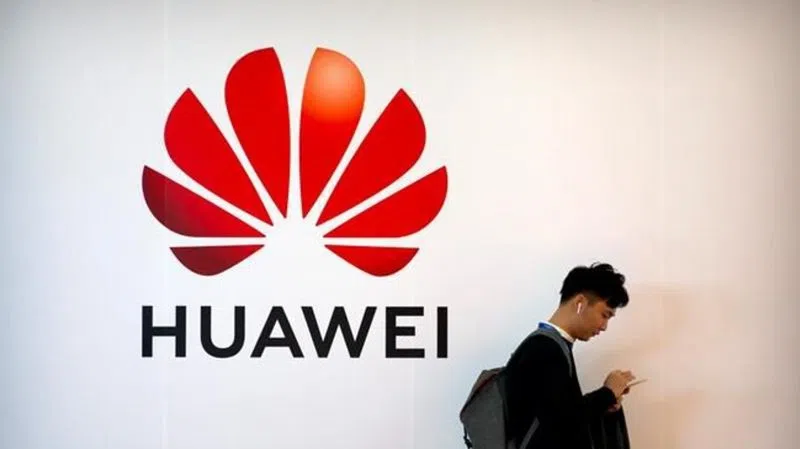
US brings new charges against Chinese tech giant Huawei
WASHINGTON — The Justice Department has added new criminal charges against Chinese tech giant Huawei and two of its U.S. subsidiaries, accusing the company in a plot to steal trade secrets from competitors in America, federal prosecutors announced Thursday.
The company is also accused of installing surveillance equipment that enabled Iran to spy on protesters during 2009 anti-government demonstrations in Iran, and of doing business in North Korea despite U.S. sanctions there.
The case comes as the Trump administration is raising national security concerns about Huawei, the world’s largest telecommunications equipment manufacturer, and is lobbying Western allies against including the company in wireless, high-speed networks.
The new indictment brought by federal prosecutors in Brooklyn adds to the legal woes in the U.S. for Huawei, which already faced charges in that district of lying to banks about deals that violated economic sanctions against Iran as well as separate trade secrets theft case in federal court in Seattle.


